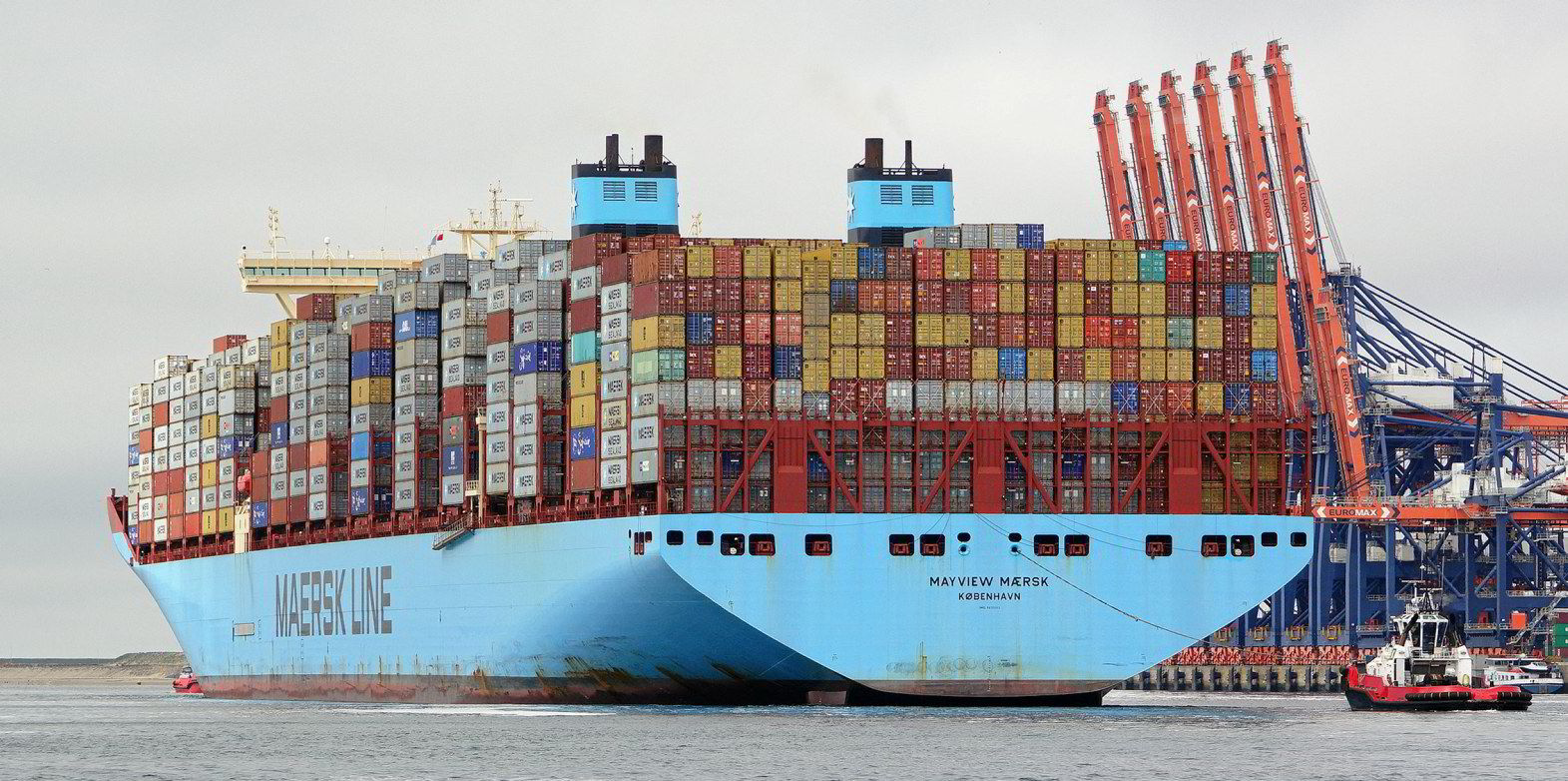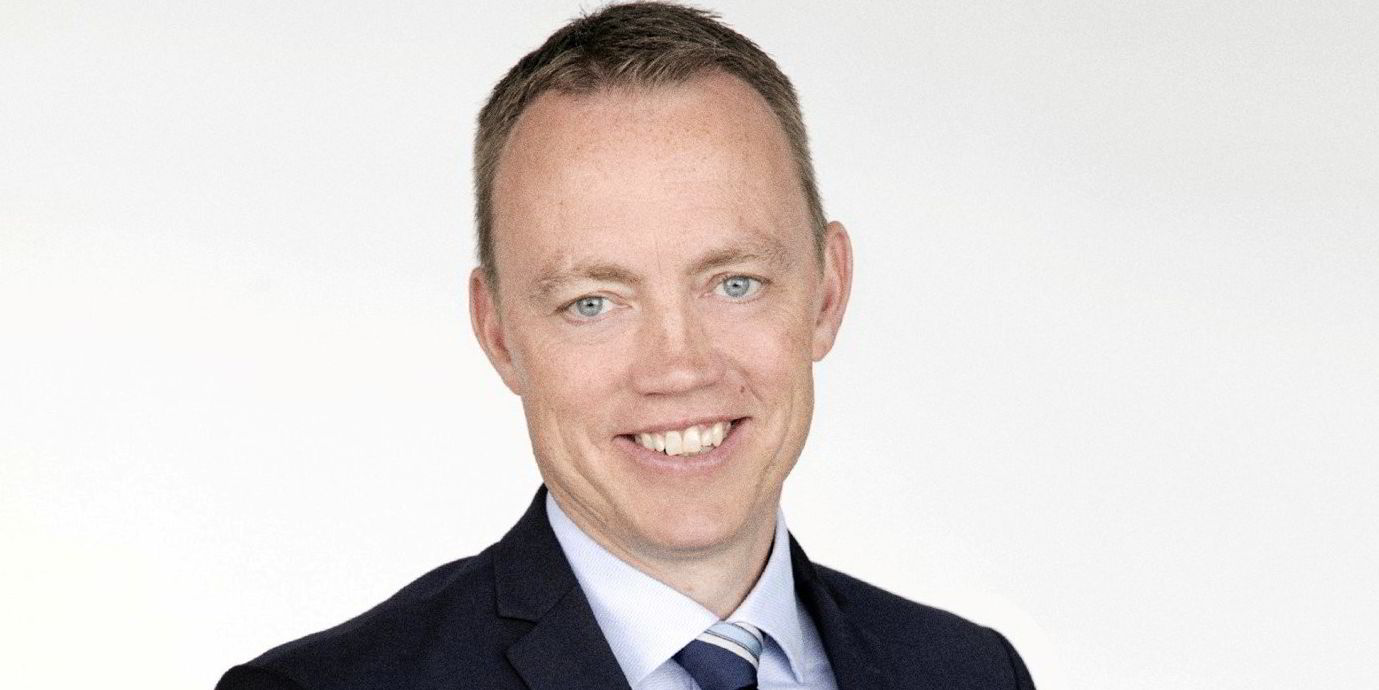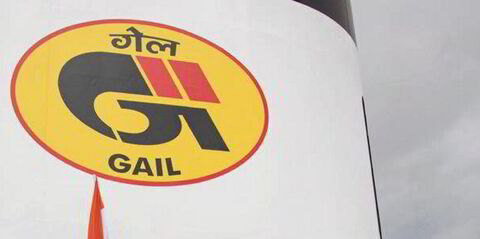AP Moller-Maersk shares fell in Copenhagen after its first-quarter financial report.
Shares fell roughly 4% to about DKK 9,700 in early trading on Thursday.
But the stock is not cheap enough for equity analysts, who still recommend investors to sell.
The Danish owner reported results that were in line with analysts’ expectations.
The liner raised the lower end of its full-year guidance. It now sees an Ebitda of between $4bn and $6bn, compared to between $1bn and $6bn previously.
Sweden’s Handelsbanken said financial guidance midpoint is up 43% (range narrowed) and in line with consensus.
Handelsbanken analyst Timo Heinonen has had a sell recommendation “because of new capacity coming to the market and hence weak supply/demand balance which will keep freight rates under pressure”.
“Most likely freight rates will be down from current level once the positive impact of the Red Sea situation diminishes. At the end, the market will find the balance and APM is trading at a low level in absolute terms but we argue it is too early to buy,” Heinonen said in a note.
Handelsbanken’s target price is DKK 11,000.
DNB Markets said first-quarter Ebitda was “somewhat underwhelming” with the negative effects of higher unit costs likely to continue into rest of the year.
“We believe Bloomberg consensus near-term estimates could inch up towards the upper end of its guidance, but feel buy-side consensus likely was above sell-side into the numbers,” analyst Jorgen Lian said in a note.
DNB has recommendation of sell with at target price of DKK 9,600.
“In sum, we believe the results should be rather neutral, but see potential for the shares to be weighed down by the still-challenging long-term outlook and high buy-side expectations,” Lian added.
Fearnley Securities also has a sell recommendation. Its target price is DKK 8,500.
“Unsurprisingly, Maersk has increased guidance, though, only by increasing the lower end of the range,” Fearnleys said.
According to the broker, “the guidance disappoints” considering the stock is up more than 20% since the lows and consensus Ebitda being $5.3bn.





